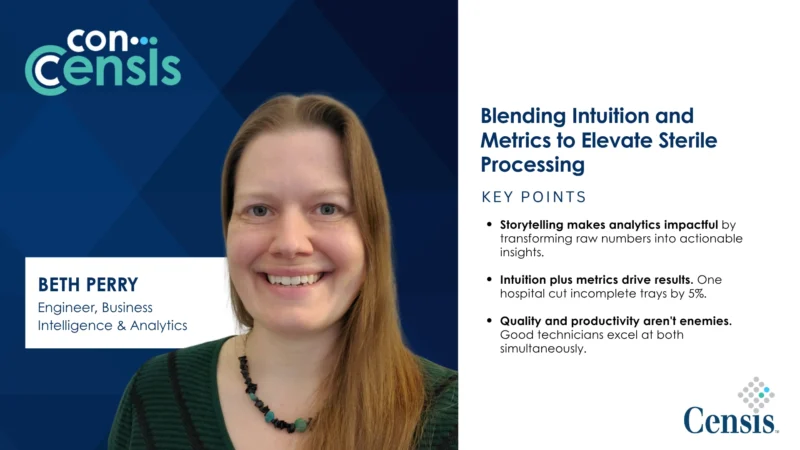House Lifts Ban on Funding of NPI System – What it All Means
The House of Representatives recently voted to lift a ban prohibiting funding for a national patient identifier system (NPI) designed to improve patient matching1.
So, what does that mean moving forward?
Let’s dive into the implications of the House’s vote.
What Will an NPI System Do?
Now that the House has lifted the ban on the U.S. Department of Health and Human Service providing funding a national patient identifier, it’s important to become familiar with exactly what an NPI system is.
Essentially, an NPI system would assign each U.S. citizen a unique number to identify them across the healthcare system2, a move that had been previously tabled for more than two decades due to privacy concerns.
In theory, such a system will help prevent duplicate patient records, make the transfer of patient information simpler and ease other unnecessary costs associated with patient identification.

What Implications Does an NPI System Bring with it?
While the overall goal of an NPI system is aimed at streamlining patient identification and aiding the healthcare industry, in general, there are concerns, as well.
Here are some potential positive impacts of an NPI system:
HHS Will be Free to Contribute to Standards Development:
With funding freed up, HHS can also focus on developing national standards that are aimed at preventing doctor shopping for prescription drugs.
Improving Health Information Exchange and Interoperability:
With patients utilizing one, universal ID, the chances of patient duplication, provision of incorrect medication, and other missteps associated with inaccurate patient information will decrease, lowering costs along with them.
The Case for Increased Security:
While security and privacy were initial concerns surrounding an NPI system, some argue that having a national ID that is used in place of other key pieces of information (Social Security number, birthdate, name, address, etc.) could make patients more secure.

Increased Readiness for the Future:
An NPI system could aid the healthcare industry in creating modern and scalable solutions as society continues to evolve and change.
While an NPI system could lead to the aforementioned benefits, there are still concerns with such a national database. These include:
All-in-One Access:
While an NPI ID could be more secure in theory, that number falling into the wrong hands would bring along with it access to the entirety of a patient’s medical records, which may not be the case with current forms of identification.
High Up-Front Costs:
Though an NPI system could lower costs, overall, that doesn’t eliminate the significant cost of creating an implementing such a system in the first place, which could prove insurmountable.
Human Error Still Exists:
Though a single, universal number could aid in streamlining patient information processes, incorrect entering of those numbers, accidental duplicates, etc. could raise the same problems that currently exist.
Moving Forward
With the House lifting the ban on funding for an NPI system, it’s clear that patient identification is primed for an upheaval.
It’s one of the most important processes in the healthcare industry, so keeping a keen eye on new developments and having a thorough understanding of what exactly an NPI system means for the country’s healthcare will be critical moving forward.
Sources:









